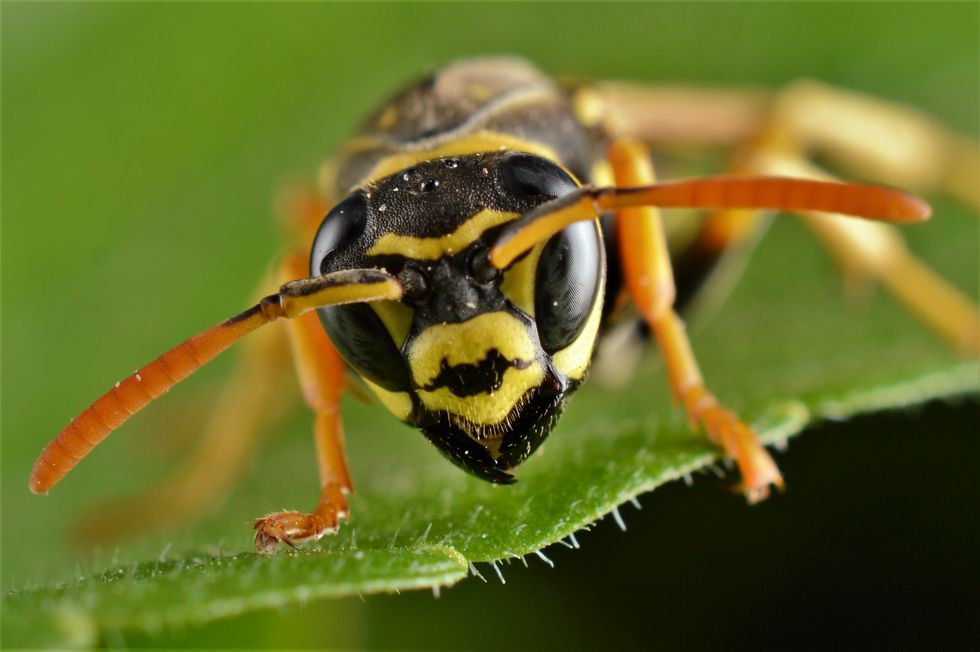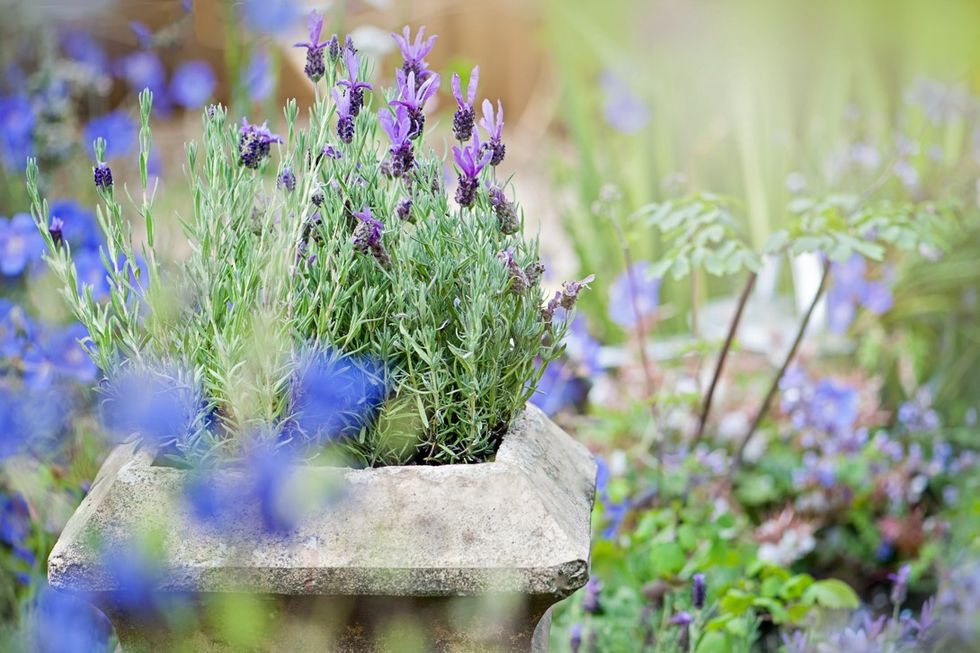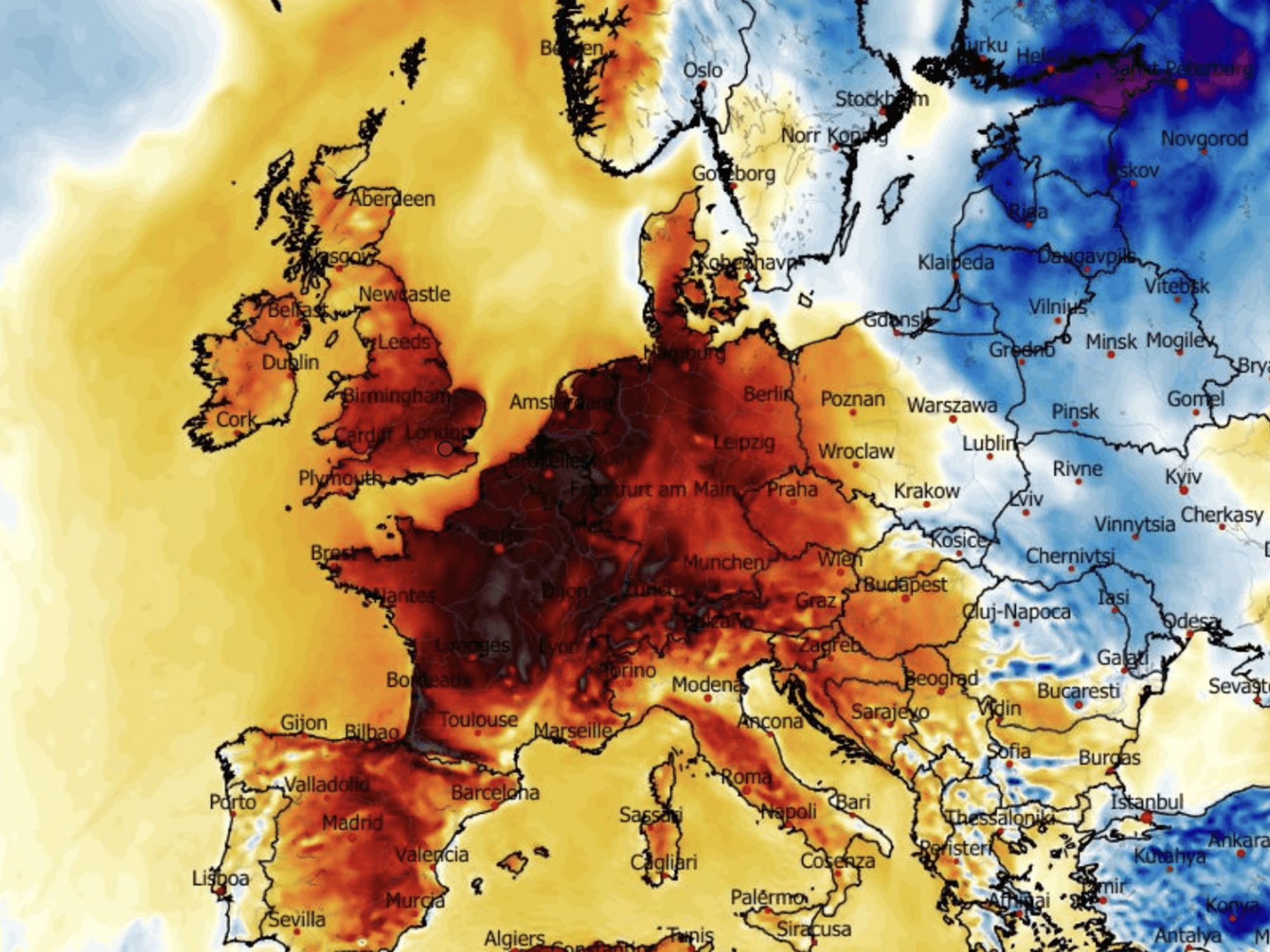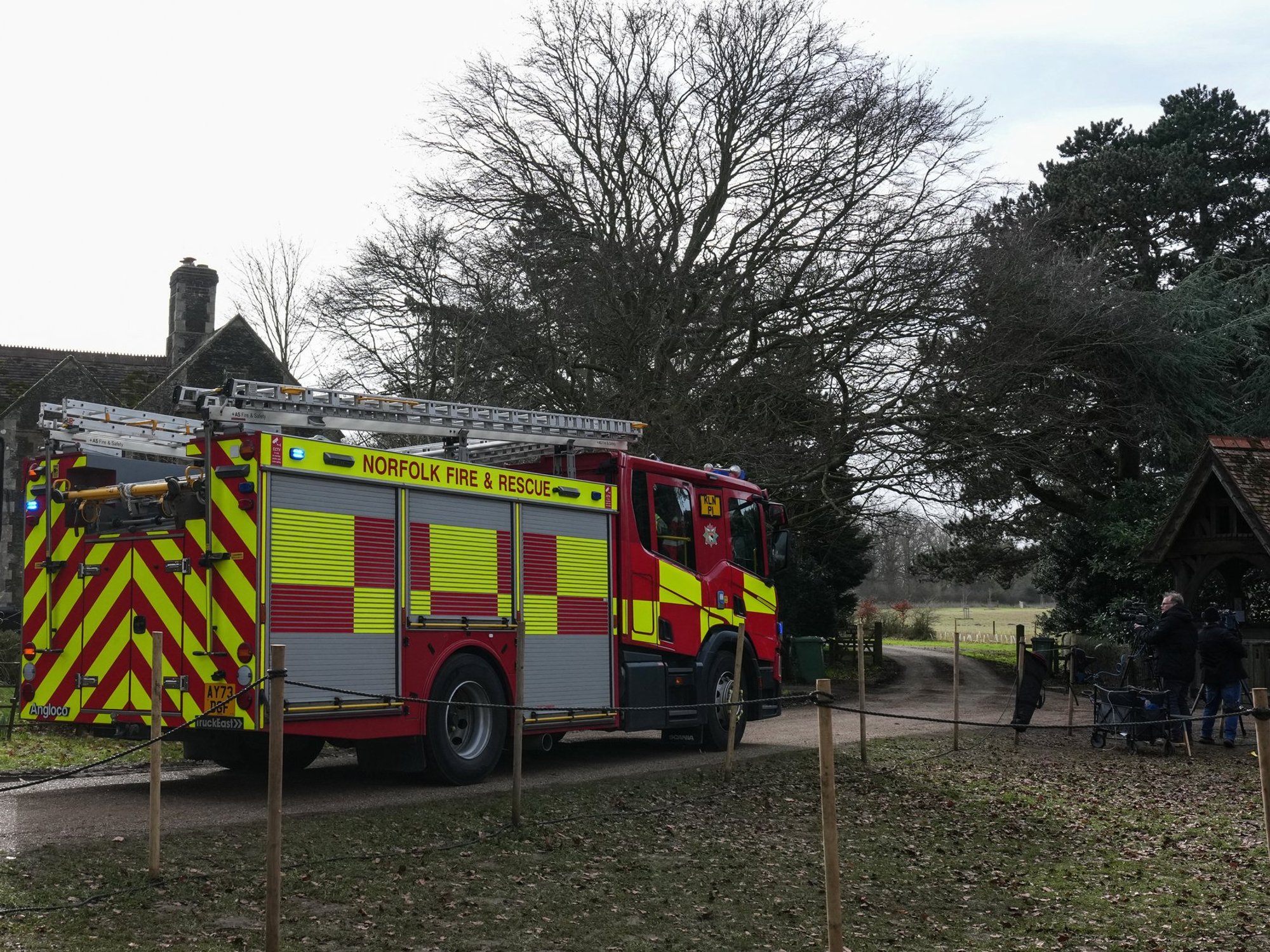How to deter wasps from your garden as insect gets 'nasty' this month – 3 effective natural methods

Bees have lost their buzz due to hot weather |
GB NEWS

Google searches for successful remedies have rocketed by 5,000 per cent in the past month
Don't Miss
Most Read
Latest
Wasps are pollinators and provide natural pest control, making them an important part of our ecosystem.
However, they have understandably earned a bad reputation due to their annoying nests, painful stings, and ability to create chaos at outdoor events such as barbecues and picnics.
Wasps thrive in hot, dry weather, so this year's conditions have been particularly beneficial for these troublesome insects, prompting a wasp warning for 2025.
**ARE YOU READING THIS ON OUR APP? DOWNLOAD NOW FOR THE BEST GB NEWS EXPERIENCE**
As Britons enjoy sunny days outdoors, the nation is frantically asking "How to deter wasps from your garden", with Google searches rocketing by 5,000 per cent in the past month.
In light of this, gardening expert James Higgins from Grass247 has shared three ways to deter wasps from your garden.
Because they are a key part of our ecosystem, he emphasised the importance of using natural methods that preserve them.

Wasps thrive in hot, dry weather
|GETTY IMAGES
Plant some strong smells
"Planting strong-scented plants is a great method when it comes to getting rid of wasps naturally.
"Wasps are very sensitive to smells, so plants like lavender, geranium, and eucalyptus will put them off coming into your garden.
"Herbs such as rosemary, sage, and mint are also perfect ways to keep wasps out of your garden, as these have strong scents.
"You can also pop these in pots near your window to deter any wasps from accidentally flying into your home."
LATEST DEVELOPMENTS:

'Planting strong-scented plants is a great method when it comes to getting rid of wasps naturally'
| GETTY IMAGESCreate a homemade wasp repellent
"You can use essential oils to create a homemade wasp repellent.
"Using a spray bottle, mix a solution of water, a few tablespoons of washing up liquid, and a few drops of an essential oil such as peppermint, lavender, or clove oil.
"Lightly spritz this across your garden, focusing on any established wasp nests or places you’ve seen them frequently."
Get rid of any waste
"Wasps like to eat protein, and they especially love anything sugary, so make sure you get rid of any food waste and keep all outdoor bins closed and as clean as possible," James advised.
"It's also best to keep your outdoor bins as far away from your windows as you can, so that any lingering wasps don’t come into your home through an open window."
This three-step method comes at the perfect time, as wasps turn "a little more nasty" in August and September, Pest Defence warned.
"The queen wasps will be leaving the nest to find hibernation spots, leaving the workers without a nest to serve, causing them to roam and become desperate," the experts added.
Offering his top tip for surviving wasps during their most aggressive period, Jamie urged Britons to keep their cool at all times.
"Due to their sting, wasps can cause panic when you find them flying around you," he cautioned.
"However, a wasp will only sting if it feels threatened, so try to stay calm and not swat at them when you find them in your garden."










